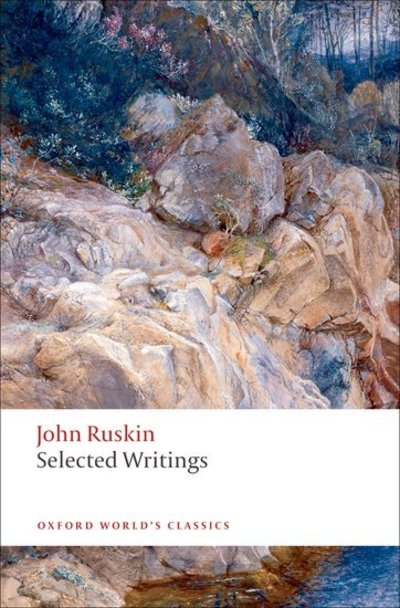
'To be taught to write or to speak - but what is the use of speaking, if you have nothing to say? To be taught to think - nay, what is the use of being able to think, if you have nothing to think of? But to be taught to see is to gain word and thought at once, and both true.' Ruskin was the most powerful and influential critic of the nineteenth century. He wrote about nature, art, architecture, politics, history, myth, and much besides; all his work is characterized by a clarity of vision as unsettling and intense now as it was for his first readers. This new selection draws on the whole range of his astonishingly varied output, from the passionate celebration of J. M. W. Turner's painting in the first volume of Modern Painters (1843) to Praeterita (1885-9), the elegiac autobiography of his later years. The introduction outlines Ruskin's life and thought, and shows why he remains such a rewarding writer today. ABOUT THE SERIES: For over 100 years Oxford World's Classics has made available the widest range of literature from around the globe. Each affordable volume reflects Oxford's commitment to scholarship, providing the most accurate text plus a wealth of other valuable features, including expert introductions by leading authorities, helpful notes to clarify the text, up-to-date bibliographies for further study, and much more.
| ISBN: | 9780199539246 |
| Publication date: | 26th March 2009 |
| Author: | John Ruskin |
| Publisher: | Oxford University Press an imprint of OUP OXFORD |
| Format: | Paperback |
| Pagination: | 368 pages |
| Series: | Oxford World's Classics |
| Genres: |
Biography: arts and entertainment Literary studies: c 1800 to c 1900 Literary essays Theory of art History of art |